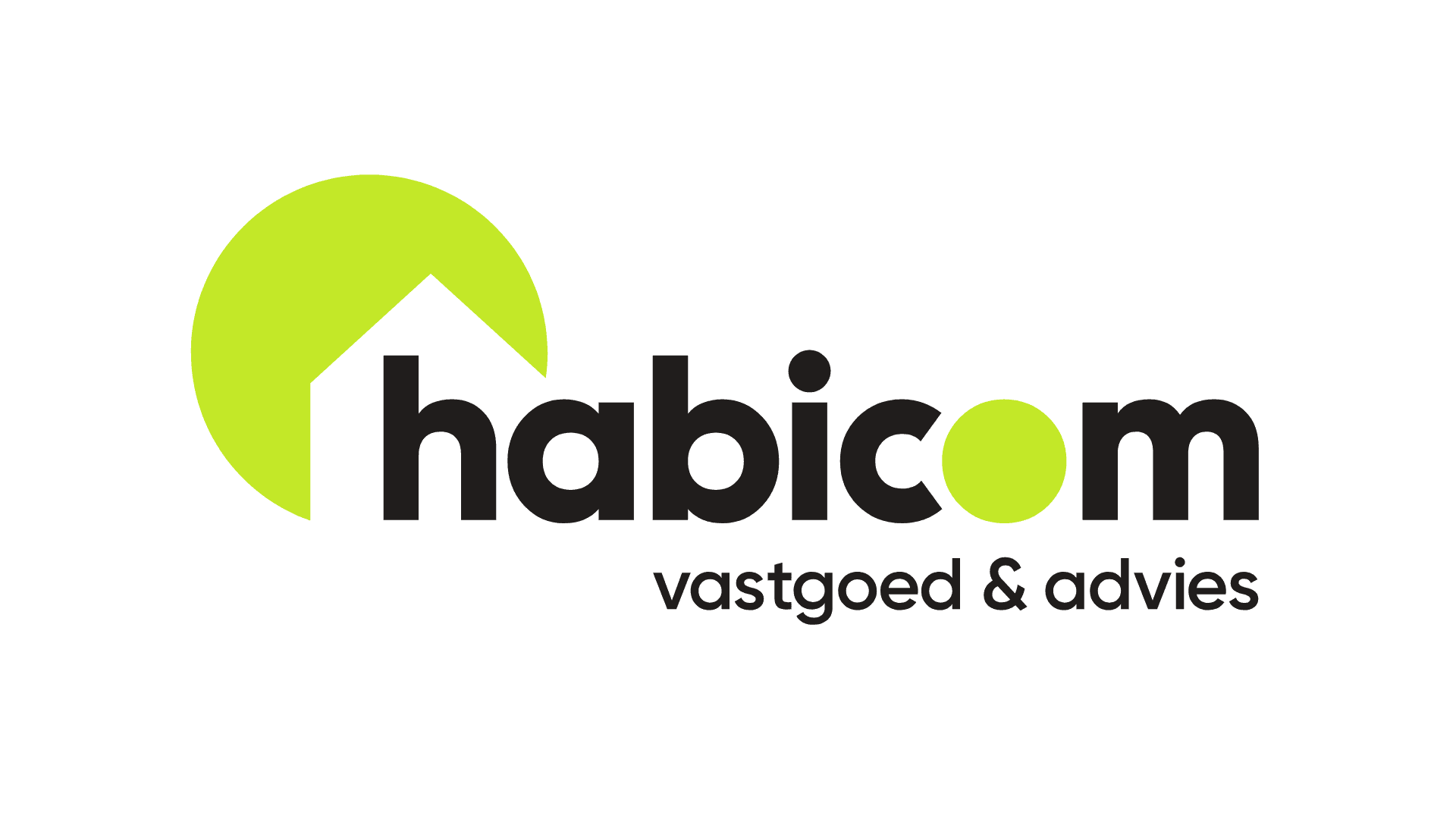What is a post-intervention file (PID)?
A Post-Intervention File (PID) comprises a collection of documents and information that enable the buyer of a property to understand the structural aspects of the building. It serves as a kind of identity card for the property. Typically, a PID contains the following elements:
- Identification details of the architect and contractors involved in the construction of the property.
- The specifications with an overview of the materials used.
- Technical specifications, such as electrical plans, ventilation plans, and information about water pipes.
- Purchase invoices, warranty certificates, and maintenance instructions for electrical appliances. This information minimizes the risk of damage during renovation works after purchase.
When is a PID mandatory?
For homes or apartments built with a building permit after May 1, 2001, a PID is mandatory. This applies not only to new construction but also to renovations carried out since that date.
Who prepares a PID?
A PID is prepared by the safety coordinator or the architect for construction or renovation works that require an urban planning permit. For minor renovations without a permit, the owner can compile the PID themselves.
What if the seller cannot provide a PID?
When selling a property, the seller must be able to provide a PID. If the owner does not have a PID at that time, it must still be prepared by a safety coordinator or architect, at the seller's expense, before the sale can take place.
Significant energy renovation and demolition/reconstruction Buyers who significantly energetically renovate their home or (partially) demolish and rebuild are eligible for a reduced registration fee of 1%, provided it is their only primary residence. Conditions include meeting EPB requirements as stated in the environmental permit, which are verified through the EPB declaration.
There are two options for buyers to apply for the reduced rate: directly in the notarial deed or afterwards, where the standard rate of 3% is first paid, and then a refund of 2% is requested from the Flemish Tax Administration (Vlabel) after obtaining an EPB certificate.

